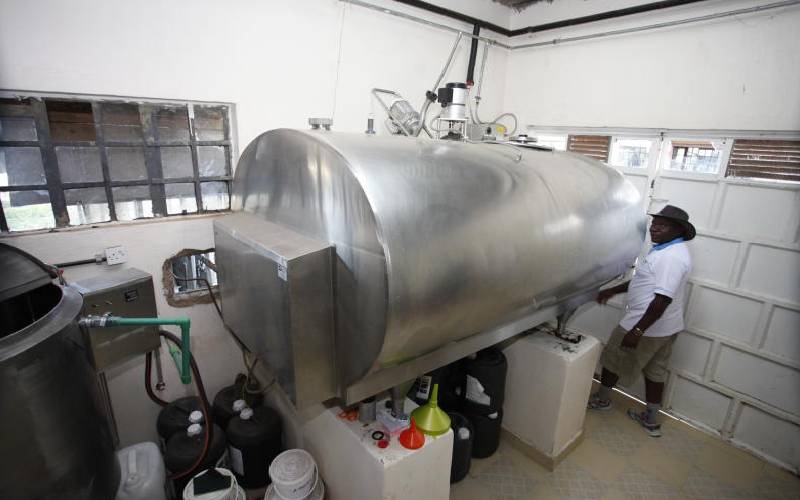×
The Standard e-Paper
Smart Minds Choose Us

Kenya has taken the war against cheap milk imported into the country to new heights following seizure of about 30 tonnes of milk powder from Uganda that police say was illegally imported.
The importation of milk powder has been the bane of milk farmers, majority of whom are languishing due to low prices paid for their produce on account of cheaper and readily available milk from neighbouring Uganda.